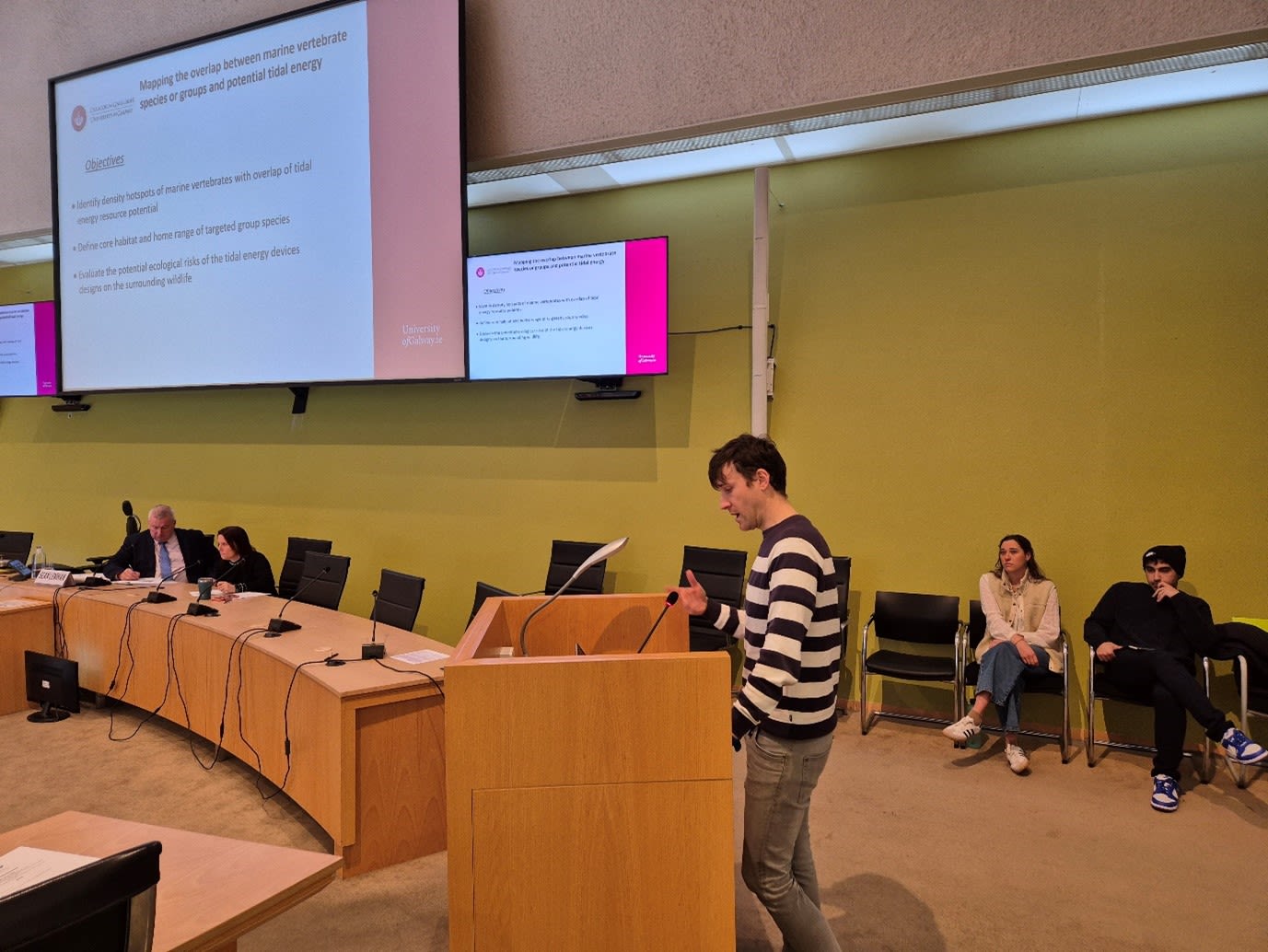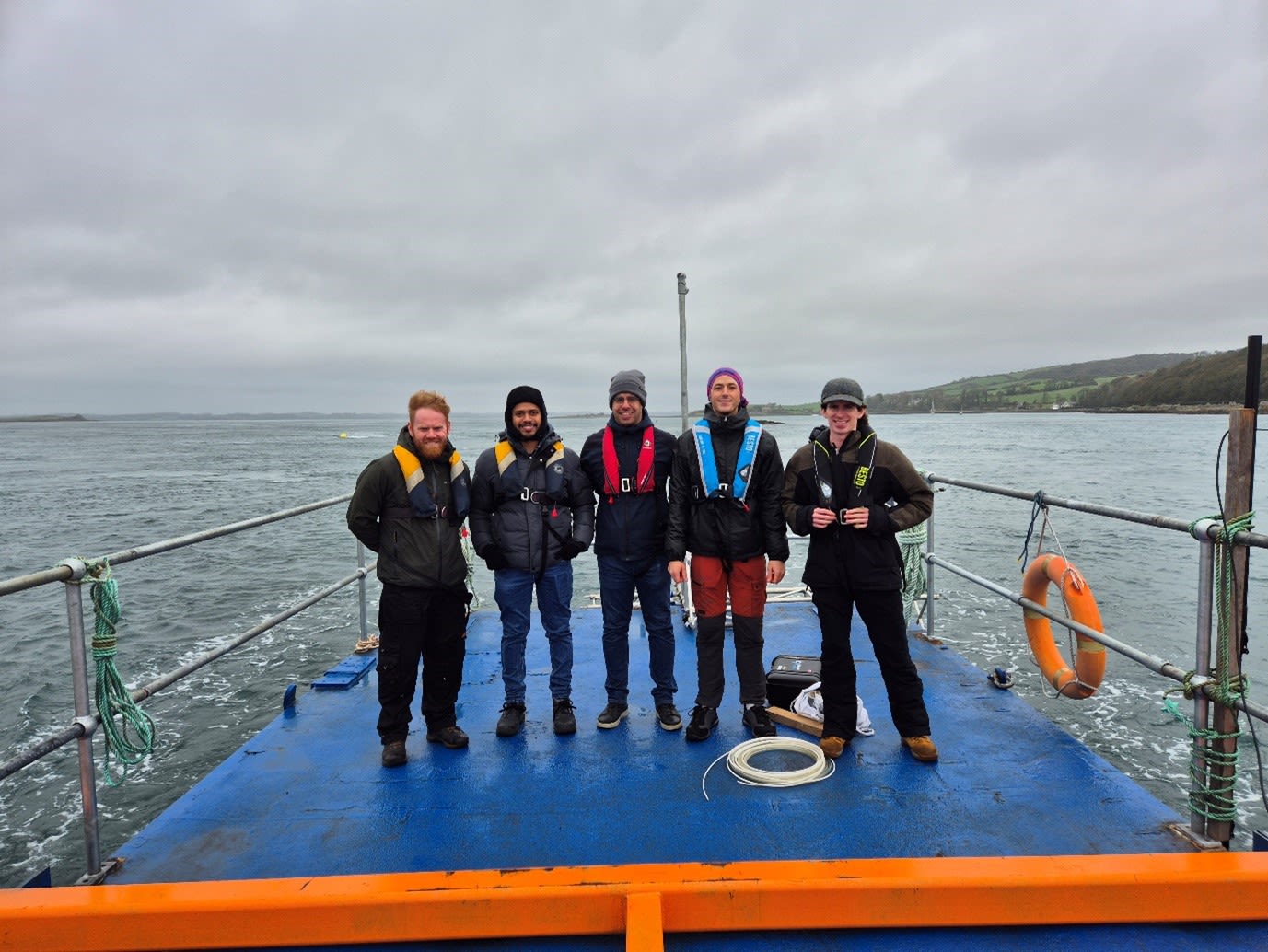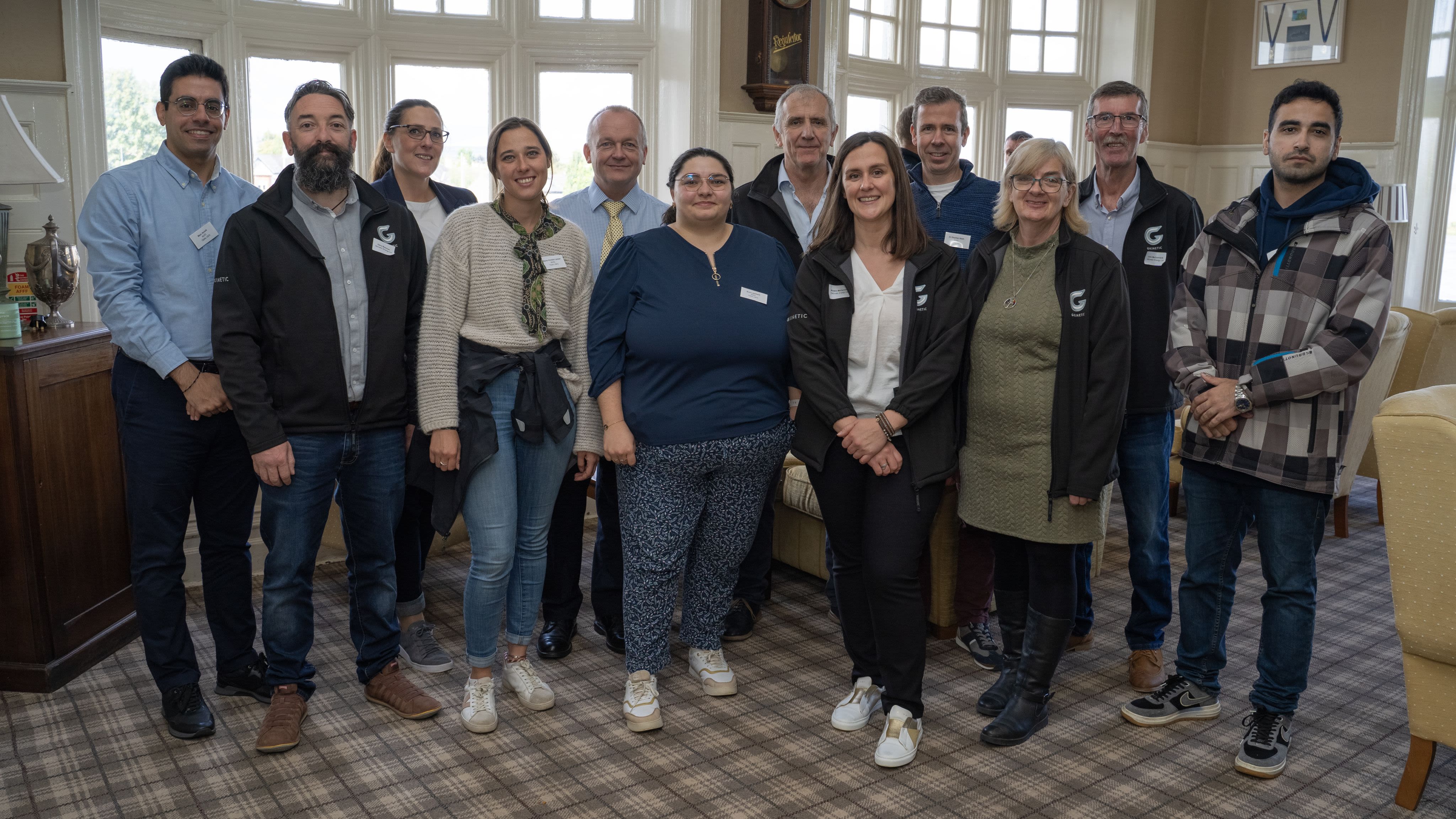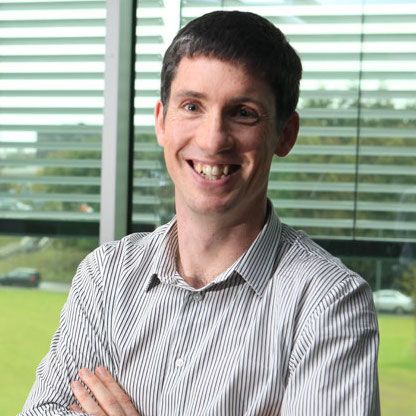Exploring solutions for Tidal Energy
Decarbonisation and Just Transition - University of Galway Global Challenges project
#PurposePeoplePlace
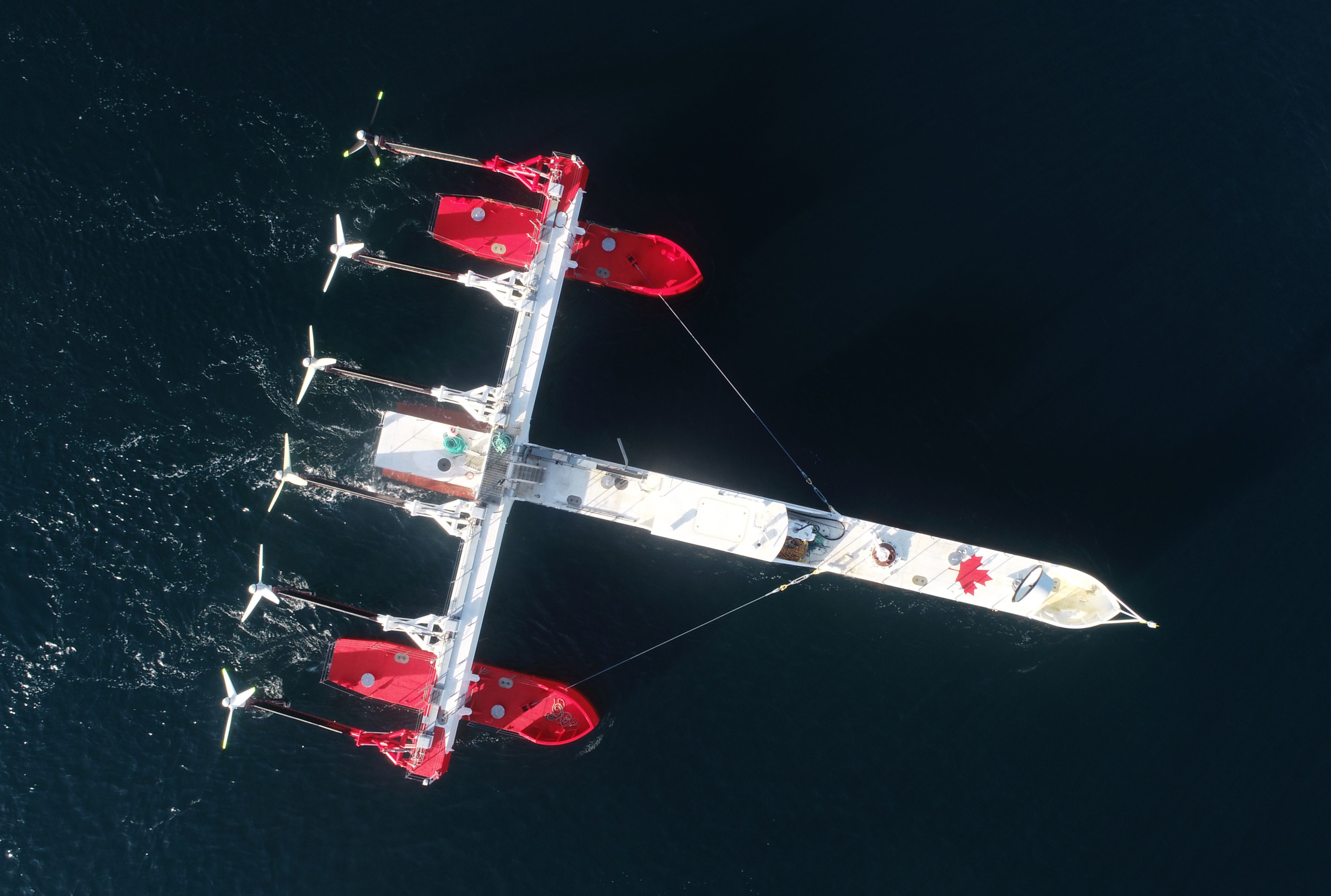
Tidal energy, in parallel with other renewable sources, is a key enabling technology to the decarbonisation of the global energy sector. It has the potential to contribute significantly to global electricity supply, with worldwide tidal resource estimated at over 1200 TWh per annum. It is very attractive as a renewable energy resource, as it is highly predictable and has little visual impact.
The industry has progressed steadily over the last 20 years with the first utility- scale devices deployed in recent years, but there a number of key challenges to overcome for the sector to progress to full maturity.
For example, tidal energy devices must efficiently generate power in hugely variable operating conditions, whilst being subjected to massive structural loads and extremely harsh marine climates.
Furthermore, they must be deployed at sites with a suitable resource in such a way that they respect the requirements of other marine users and do not adversely impact on the environment.
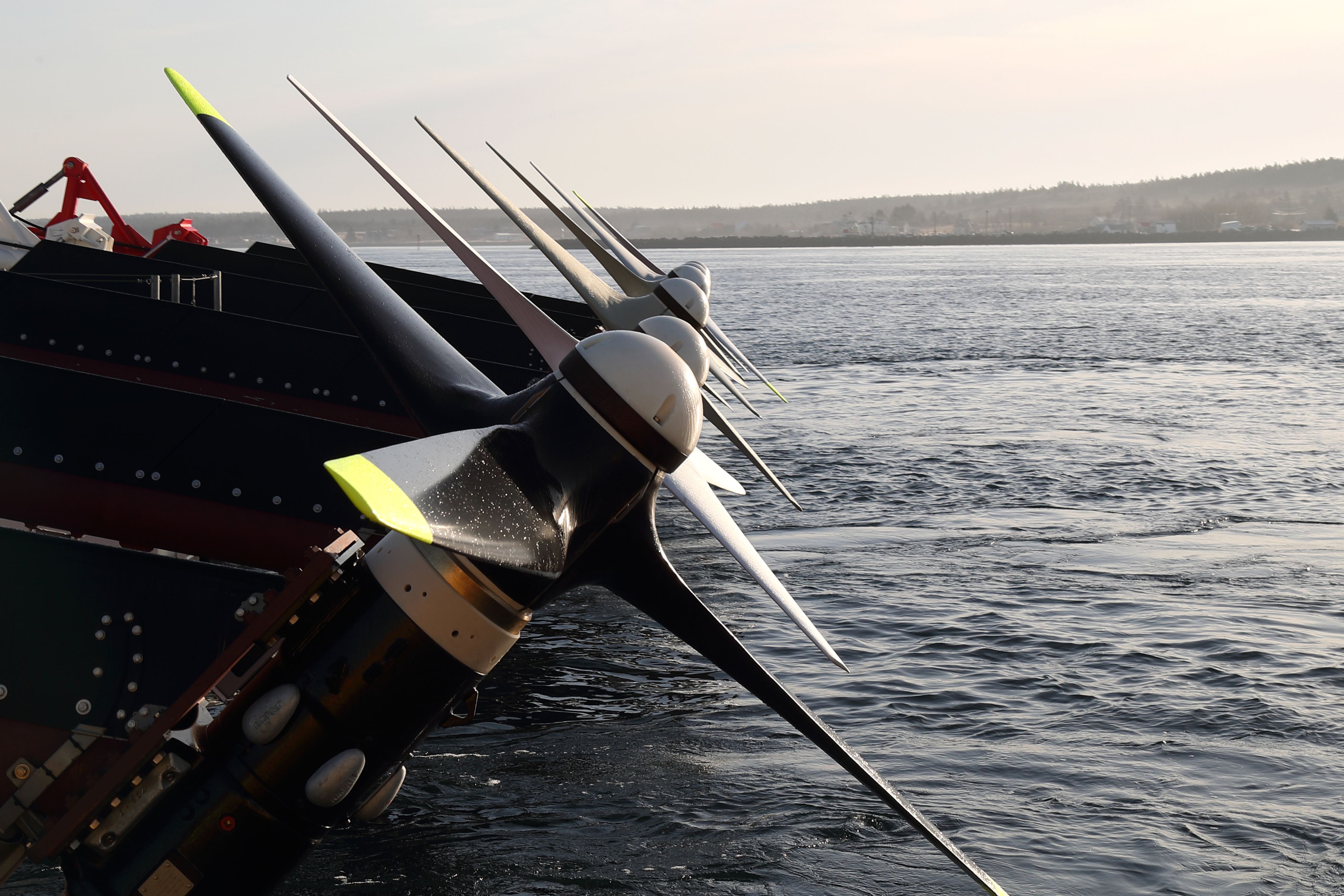
News
The work of the TIDAL-GES project was presented at Clare County Council as part of the Shannon Estuary's Strategic Integrated Framework Plan (SIFP) environmental steering group meeting.
As part of the project’s work to assess and model the tidal energy potential in the Shannon Estuary, and identify potential areas for device deployment, as well as the latter's environmental and social aspects, a meeting was held in November 2024 with Clare County Council’s environmental assessment officer, being the coordinating entity of the Strategic Integrated Framework Plan (SIFP) for the Shannon Estuary (published back in 2013). PhD Students explained the scope of their work during the meeting and it was then agreed to present the work of the TIDAL-GES team to the wider SIFP Environmental Steering Group in February 2025. The meeting took place in Clare and has generated positive feedback, and future areas for collaboration were identified.
Michael Flanagan presenting at the SIFP meeting at Clare county council
Michael Flanagan presenting at the SIFP meeting at Clare county council
The TIDAL-GES team visited the Strangford Lough test site (Northern Ireland) where Queen's University Belfast and ORPC are testing ORPC's latest generation of cross-flow turbine
Members of the X-Flow project and tidal Ges Project at Strangford lough
Members of the X-Flow project and tidal Ges Project at Strangford lough
In Q4 of 2024, the team met up with ORPC and Queen’s University Belfast (QUB) during the testing of ORPC’s cross-flow tidal turbine in Strangford Lough, Northern Ireland as part of the X-Flow project. PhD Students from the Tidal-GES project, Marc Ayoub and Tenis Ranjan, visited the platform during its testing, and conducted surveys with surrounding communities in Strangford and Portaferry in order to understand their perceptions and feedback towards the device. They were also able to attend a public event and presentation by Dr. Carwyn Frost from QUB at the Strangford Yacht Club, and to share the survey with attendees.
Tidal GES Team Collaborate with GKinetic
The TIDAL-GES team has collaborated with GKinetic for the pilot testing and showcase of its CEFA-12 (12kW) tidal turbine which was deployed in the Shannon River at the heart of Limerick City between the 19th and the 22nd of September 2023, as part of GKinetic’s involvement in the +CityxChange Project. The aim of the demonstration was to allow people to see the unit in real-life and share their thoughts and feedback. Footage of the unit in situ can be seen here: Video 1 and Video 2.
The WP3 team (Community Engagement and socio-economics) gathered feedback on people’s perceptions in Limerick around the development of renewable energy (more specifically, tidal energy) with a focus on its environmental and social impacts. The survey is available on this link.
In November and December 2023, WP3 PhD students also attended the Climate Exhibition hosted by the Hunt Museum in Limerick entitled “Nights Candles are Burnt Out” where a 3D-model of the device and a video around the pilot testing were made available for visitors. Students were able to collect some surveys around people’s perceptions and thoughts of the device.
Photo credit: GKinetic and Limerick City and County Council
Tidal GES and GKinetic team
Tidal GES and GKinetic team
Publications
Moore, D., Eftekhari, A. and Nash, S., 2024. Weather window analysis for the deployment, operation, and maintenance of marine renewable energy devices in Irish coastal waters. Journal of Ocean Engineering and Marine Energy, pp.1-19.
Eftekhari, A., Moore, D. and Nash, S., 2024, April. Optimizing Weather Windows for the Deployment, Operation, and Maintenance of Marine Renewable Energy Devices in Irish Coastal Waters. In EGU General Assembly Conference Abstracts (p. 10270).
T.R. Munaweera Thanthirige, J. Goggins, M. Flanagan, W. Finnegan, A State-of-the-Art Review of Structural Testing of Tidal Turbine Blades (2023) Energies, 16, 4061. DOI: https://doi.org/10.3390/en16104061.
T.R. Munaweera Thanthirige, J. Goggins, M. Flanagan, W. Finnegan. A methodology for developing a prediction model for the remaining fatigue life and residual strength of tidal turbine blades. The 15th European Wave and Tidal Energy Conference (EWTEC 2023), Bilbao, Spain. 3-7 September 2023, DOI: https://doi.org/10.36688/ewtec-2023-285.
T.R. Munaweera Thanthirige, M. Flanagan, C. Kennedy, Y. Jiang, V. Fakhari, C. Bachour, C. Courade, P. Cronin, C. Dillon, J. McEntee, T. Flanagan, J. Goggins, W. Finnegan. Non-Contact Dynamic Testing of a Next-Generation Helical Crossflow Tidal Turbine Foil Using a Laser Scanning Vibrometer. 43rd International Conference on Ocean, Offshore & Arctic Engineering (OMAE Conference 2024), Singapore, on the 9-14 June 2024. DOI: https://doi.org/10.1115/OMAE2024-125707
T.R. Munaweera Thanthirige, M. Flanagan, J. Goggins, W. Finnegan. Advancing Tidal Energy Generation: A Comprehensive Approach Towards Sustainable and Scalable Solutions. The Civil Engineering Research in Ireland 2024 Conference (CERI 2024), Galway, Ireland. 29-30 August 2024.
T.R. Munaweera Thanthirige, M. Flanagan, J. Goggins, W. Finnegan. Incorporation of an Unbalanced Rotating Mass System to Accelerate the Fatigue Testing of Tidal Turbine Blades. College of Science and Engineering, Research and Innovation Day 2024, Galway, Ireland, 9th of May 2024.
E. Tranvers, T.R. Munaweera Thanthirige, O. Samadaliri, M. O’Conghaile, T. Flanagan, W. Finnegan. Evaluating the Feasibility of Recycled Carbon Fibre Reinforced Polymer for Marine Applications. The Civil Engineering Research in Ireland 2024 Conference (CERI 2024), Galway, Ireland. 29-30 August 2024.
V. Fakhari, T.R. Munaweera Thanthirige, M. Flanagan, C. Kennedy, Y. Jiang, M. O’Conghaile, T. Flanagan, C. Courade, P. Cronin, C. Dillon, J. Goggins and W. Finnegan. Theoretical and Experimental Transverse Vibration Analysis of a Non-Uniform Composite Helical Tidal Turbine Foil (2024) Ocean Engineering, vol. 309, p. 118384, Oct. 2024, DOI: https://doi.org/10.1016/j.oceaneng.2024.118384
T. R. Munaweera Thanthirige, M. Flanagan, C. Kennedy, Y. Jiang, M. O’Conghaile, C. Courade, P. Cronin, C. Dillon, V. Fakhari, C. Ó Cadhain, M. Walls, C. Bachour, T. Flanagan, B. Cahill, and J. McEntee, J. Goggins, W. Finnegan. Advanced Structural Testing and Modelling of a Novel Full-Scale Helical Shape Tidal Turbine Foil (2025). Engineering Structures.DOI: https://doi.org/10.2139/SSRN.4988458 . (accepted)
The core interdisciplinary University of Galway team will collaborate to develop pathways for a just transition in decarbonising our economy, while enhancing the health and resilience of our ocean & coastal communities (people, wildlife and environment).
- Prof Jamie Goggins (Professor of Civil Engineering, MaREI Centre, Ryan Institute & School of Engineering) will lead the project and led the technical work on developing the next generation of tidal energy technology with the support of senior members of the Sustainable & Resilient Structures Research Group. Dr Michael Flanagan will support Prof Goggins in project co-ordination.
- Dr Stephen Nash (Senior Lecturer, School of Engineering) will lead the work on tidal energy site modelling and the assessment of the impact of climate change on site characteristics and extreme events for tidal energy devices. As part of his PhD research, Alireza Eftekhari will work with Dr Nash on this topic.
- Dr William Finnegan (Senior Research Fellow, School of Engineering) will lead the work on tidal turbine blade development. As part of his PhD research, Tenis Ranjan will work with Dr Finnegan on this topic.
- Prof Stephen Hynes (Professor in Economics and Director of the Socio-Economic Marine Research Unit) and Dr Thomas Van Rensburg (Senior Lecturer, School of Business & Economics) will jointly lead the work on the economic appraisal of tidal energy and the investigation of societal attitudes towards it. As part of her PhD research, Marie Christin Lanser will work with Prof Hynes and Dr Van Rensburg on this topic.
- Dr Gesche Kindermann (Lecturer, School of Natural Science) will lead the work on stakeholder engagement and how tidal energy developers, local authorities and local communities of potential commercial tidal energy sites can work together to decarbonise the local economy, while also working together to deliver improved habitat and landscape conservation management. As part of his PhD research, Marc Ayoub will work with Dr Kindermann on this topic.
- Dr Anne Marie Power (Senior Lecturer in Zoology, School of Natural Sciences) will lead the work on developing systems to quantify the interactions of tidal energy devices with wildlife, supported by Dr Colin Lawton (Senior Lecturer, School of Natura Science). As part of her PhD research, EVA Lambert will work with Dr Power and Dr Lawton on this topic.
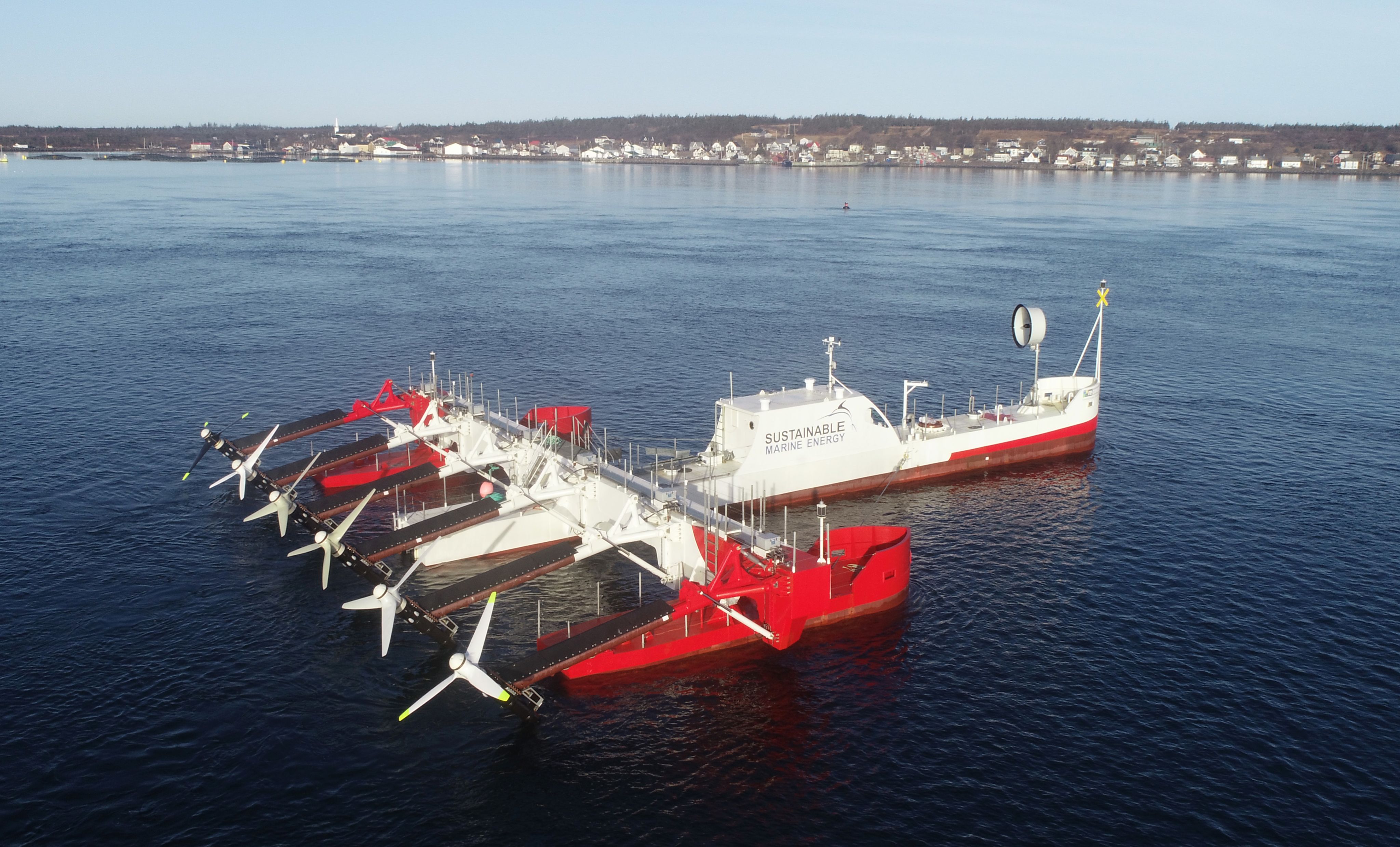
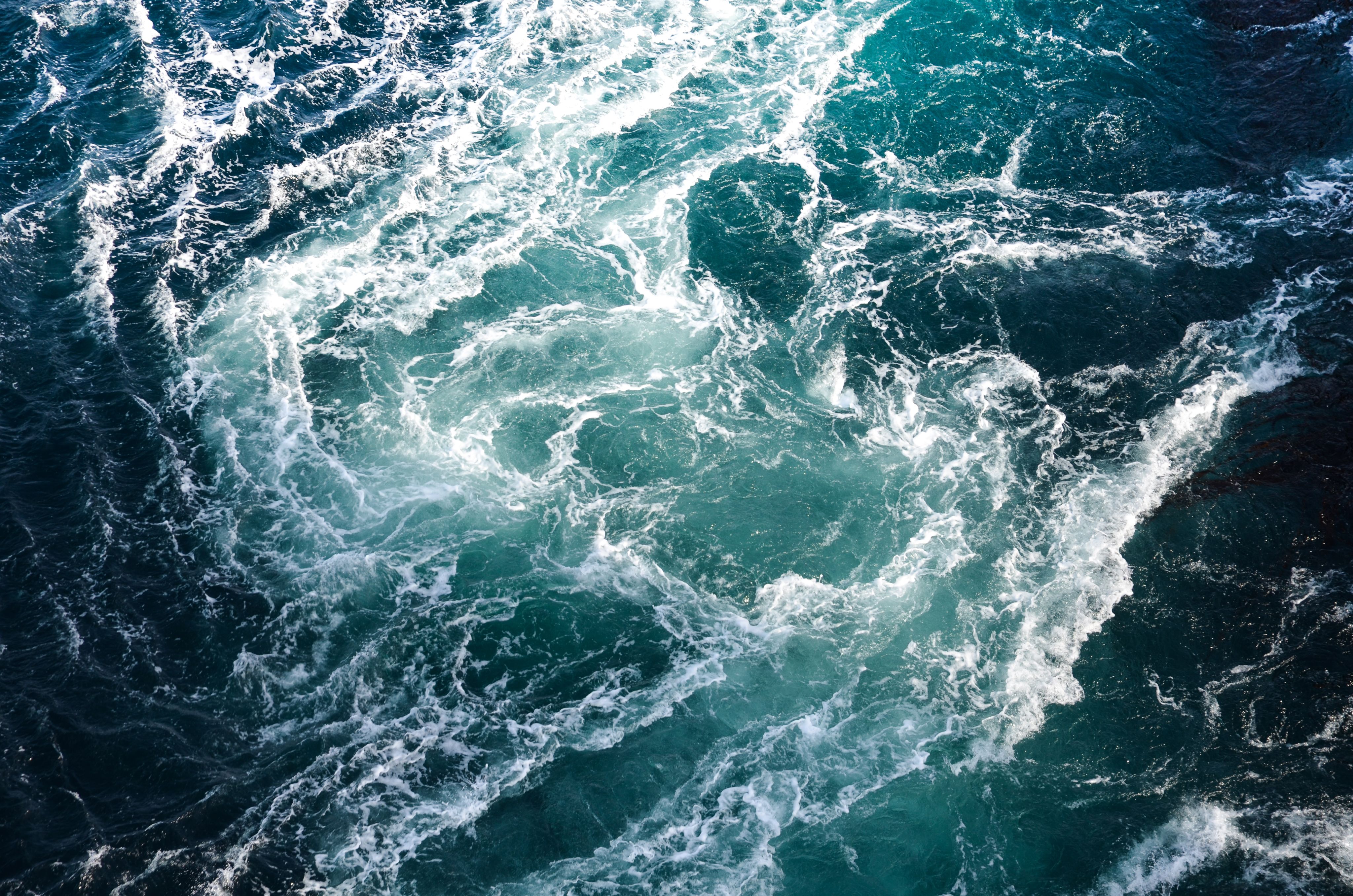
"The just transition is crucial in the work towards decarbonisation. So too is the importance placed on biodiversity and how we enhance the health and resilience of our ocean & coastal communities. Our aim in the Tidal Energy project is to create a blueprint to simultaneously achieve these ambitions."
Prof Jamie Goggins (Professor of Civil Engineering, MaREI Centre, Ryan Institute & School of Engineering)
Prof Jamie Goggins (Professor of Civil Engineering, MaREI Centre, Ryan Institute & School of Engineering)
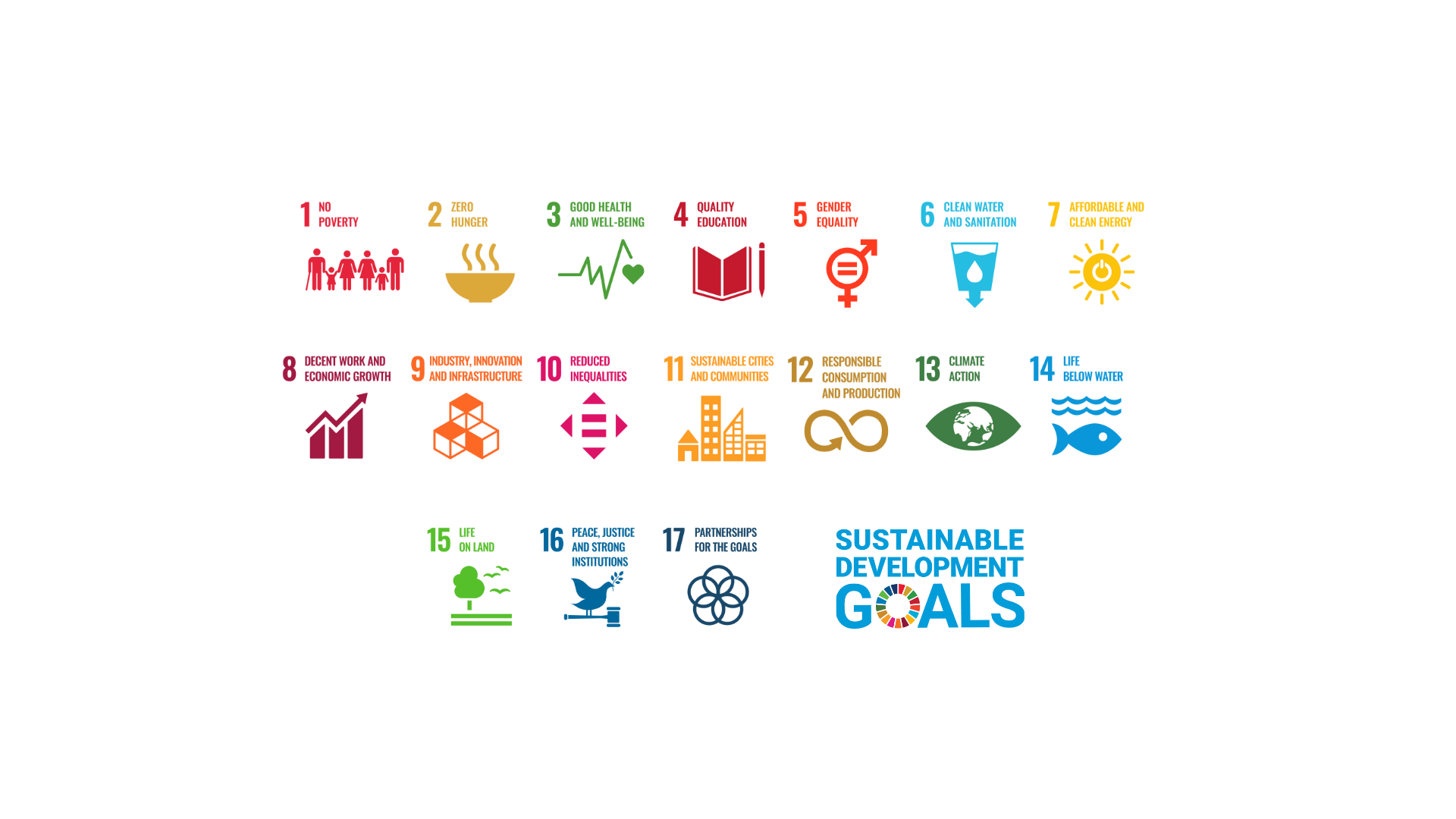
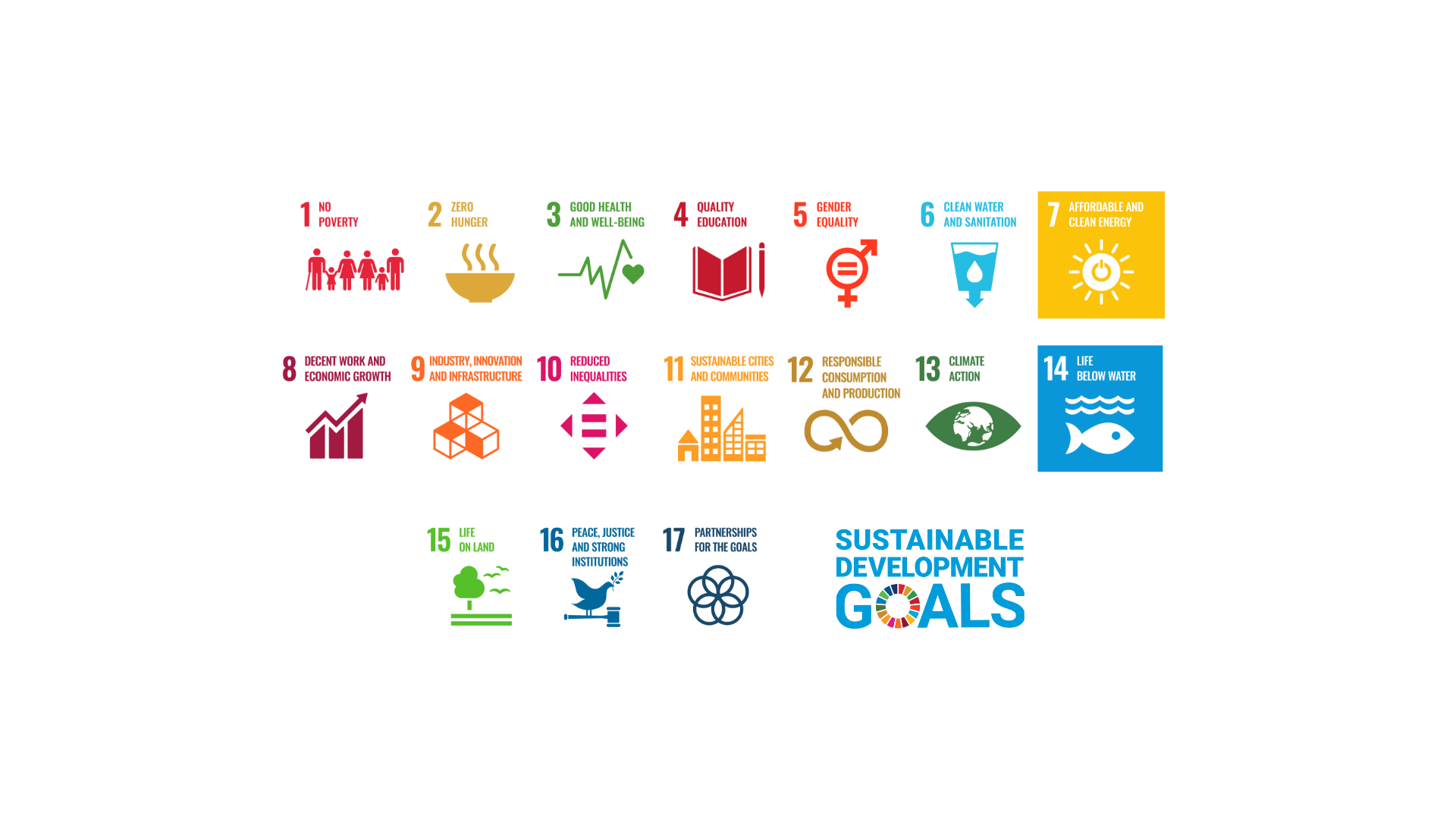
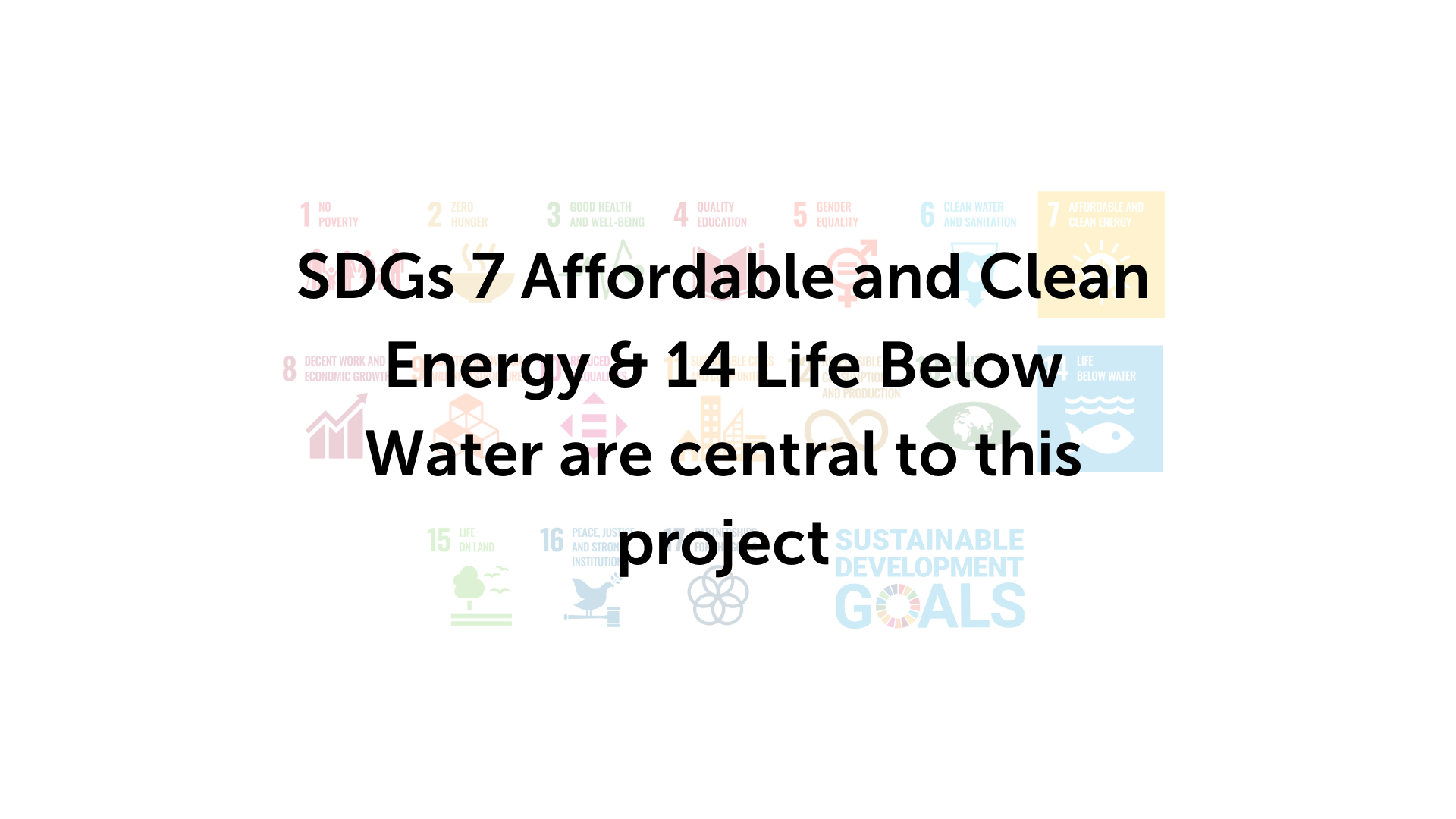
The University of Galway Global Challenges fund is part of the University’s Research and Innovation Strategy 2021-26. Tidal GES is being supported through the theme of decarbonisation.
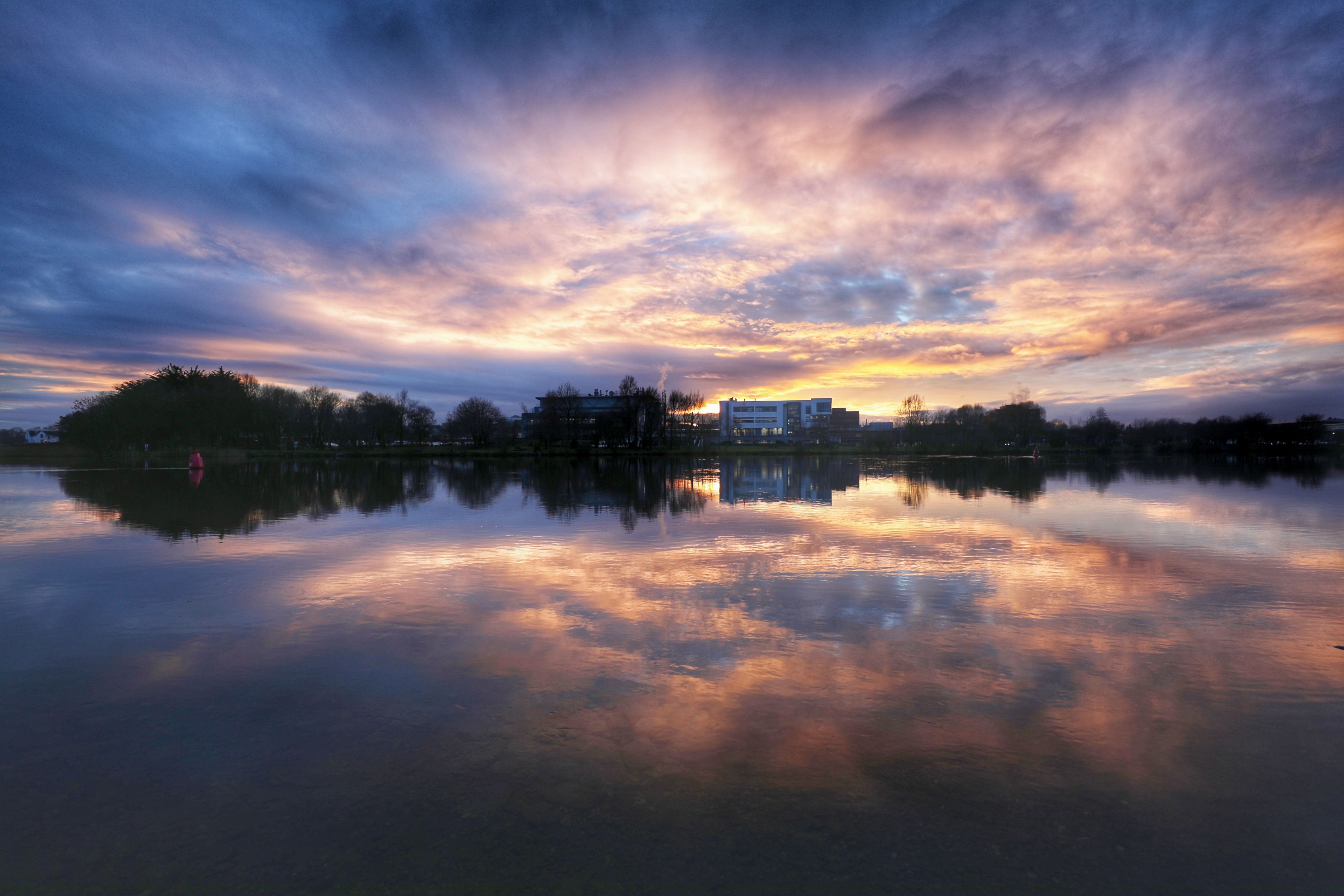
For information regarding the project please contact Dr Michael Flanagan michael.flanagan@universityofgalway.ie

